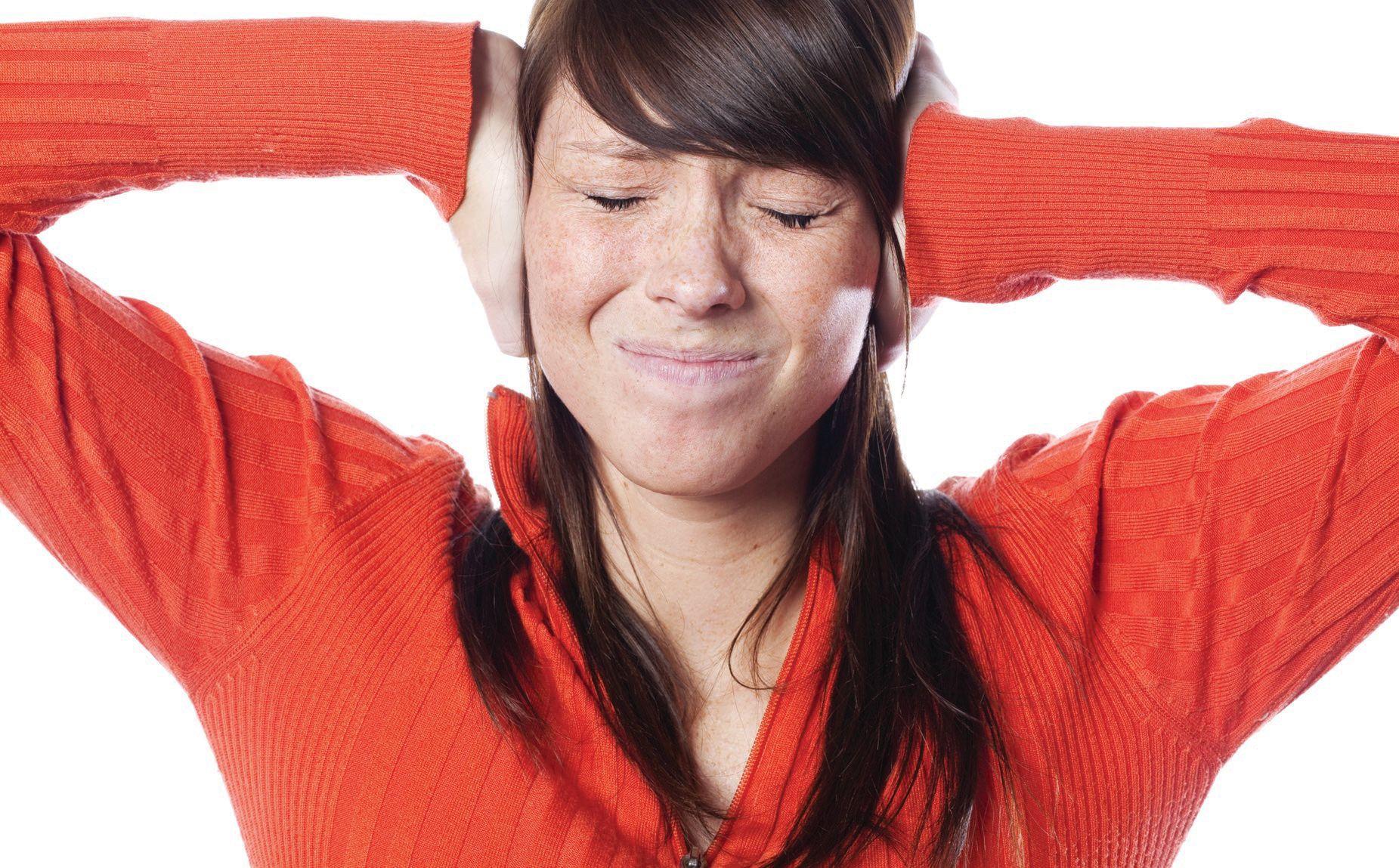
2 minute read
Mysteries NOTHING BIGGER THAN YOUR ELBOW…
It is highly unlikely the topic of earwax will come up at your next dinner party. Even in a presidential election year, earwax is not one of those things widely discussed or debated. It gets very little respect.
Even the earwax experts don’t give it a lot of attention, (When you were a kid, did you dream about growing up to be an “earwax expert?”)
“Scientists are not completely sure why we have earwax,” according to an article by Dr. Gayle M. Galletta, a faculty member at the University of Massachusetts. “It does trap dust and other small particles and prevent them from reaching, and potentially damaging or infecting, the eardrum.”
Earwax is created when cerumen—natural wax produced by glands in the ear—combines with yucky things like dead skin cells, hair, and dust. “Earwax is a helpful and natural part of your body’s defenses,” the Mayo Clinic says. ”It cleans, lubricates, and protects your ear canal by trapping dirt and slowing the growth of bacteria.”
Most of the time, earwax effectively collects dust and other nasty things, the wax then dries up and falls out of the ear, taking the unwanted particles with it. As earwax leaves the ear, fresh wax moves up from deeper in the ear canal. Sometimes, though, too much earwax builds up. This can cause diminished hearing, an earache, headaches, dizziness, a cough, or ringing in the ear.
There are several at-home remedies to clear out excess earwax: Put wax softening drops in the affected ear and, after about five minutes, hold your head to the side and the drops will drain out, A bulblike syringe can also be used to flush the ear with warm water. In worst-case scenarios, see your doctor, who will remove the wax with a small spoon known as a curette, and irrigate the ears with warm water or use suction.
The real problem with excess earwax comes when people use the wrong kinds of home remedies. For example, the old folklore method of ear candling—using the heat from a candle or smoke in an attempt to melt the wax—is both dangerous and ineffective.
The worst thing you can do is to try and dig out the wax with a matchstick, paperclip, or Q-Tip, (If you’ve never used a Q-Tip in your ear, raise your hand). This method usually just pushes the wax further back in your ear. The best thing to do is to heed some old advice. A Tulsa audiologist, Dr. Brandy Vowell, warned: “You should have listened when your Granny told you to put nothing smaller than your elbow in your ears!”
Sources
“Earwax,” WebMD, Gayle M. Galletta, MD, Department of Emergency Medicine, University of Massachusetts http://www.webmd.com/a-to-z-guides/ ear-wax?page=2
“Earwax blockage,” by Mayo Clinic Staff. March 24, 2015, Mayo Foundation for Medical Education and Research http://www.mayoclinic.org/diseases-conditions/ earwax-blockage/basics/causes/con-20018904?p=1
“Earwax Cerumen,” by Melissa Conrad Stöppler, MD, MedicineNet.com http://www.medicinenet.com/ ear_wax/article.htm
“Earwax,” by Dr. Brandy Vowell, “The Hearing Doctor,” Tulsa Audiologists http://www.thehearingdr.com/ earwax.asp
“Earwax,” Patient,Patient.co.uk http://patient.info/ health/earwax-leaflet
After completion of surgical training, Dr. Armotrading began private practice in North Florida.
In August 2009 he joined Mid-Florida Surgical Associates and relocated to Ocoee, Fl to be closer to his family.

Dr. Armotrading proudly served as a Major in the US Armed Forces and received several military honors.
He is board certified by the American Board of Surgery and a Fellow of the American College of Surgeons. He spe- cializes in General Surgery.
He in and treatment. a for and The American
He has a special interest in breast diseases including minimally invasive breast procedures and treatment. He also has a passion for surgical oncology and new emerging techniques.
Dr. Armotrading is a member of the Florida Medical Association, Lake and Sumter Medical Society and The American Society of Breast Surgeons.










